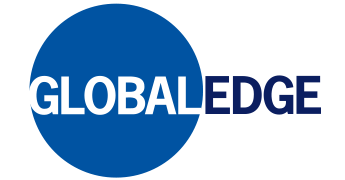
Programme overview
Our experienced facilitators can work with your leadership team to address their specific objectives.
Our approach includes a clear structure, distilling key output, actions and decisions at each stage. Strong facilitation, using key questions, insights and frameworks will help to engage and generate thought-provoking discussion and commitment.
Example structure
Outlined below is an example programme for a leadership team, made up of four half-day sessions, across a 6 week period.
-
Appropriate for intact leadership teams, at all levels.
Highly bespoke programme to meet a team’s specific needs and objectives.
From small teams to large leadership populations.
Highly facilitated sessions structured around the latest insights and frameworks.
High challenge and support to maximise participation
-
Alignment and buy-in to one vision.
A culture of accountability and commitment to action.
Maximising team trust and collaboration.
Identification of leadership traits and behaviours that will drive success.
Agreement on non-negotiable leadership behaviours.
-
Why are we investing in ourselves as leaders?
What is our vision?
Using the ‘Balanced Scorecard’ to identify and prioritise top strategic decisions.
What culture do we need to create and embed, in order to deliver our strategy?
What will be our legacy?
-
As a business, what are our biggest challenges and opportunities?
What does this mean for us as leaders?
What is the purpose of our leadership role - why does it exist?
What are our are key accountabilities as individuals and a leadership team?
-
What are the leadership traits do we need to deliver the priorities and challenges identified?
What are the non-negotiable behaviours we need to demonstrate as leaders, to ensure success?
What does each non-negotiable behaviour look like in our own roles? (‘what good looks like’).
How can we develop more of a growth mindset in the way we work together?
-
What are the current preferences and traits in the team? What drives each of us?
Individual development plan - utilising my strengths and controlling my weaknesses?
What strengths and blind spots do we have as a team?
How does the team interact and communicate with each other – and how does this need to change?
What are our ‘big-ticket’ actions to become an optimal, high performing team?

